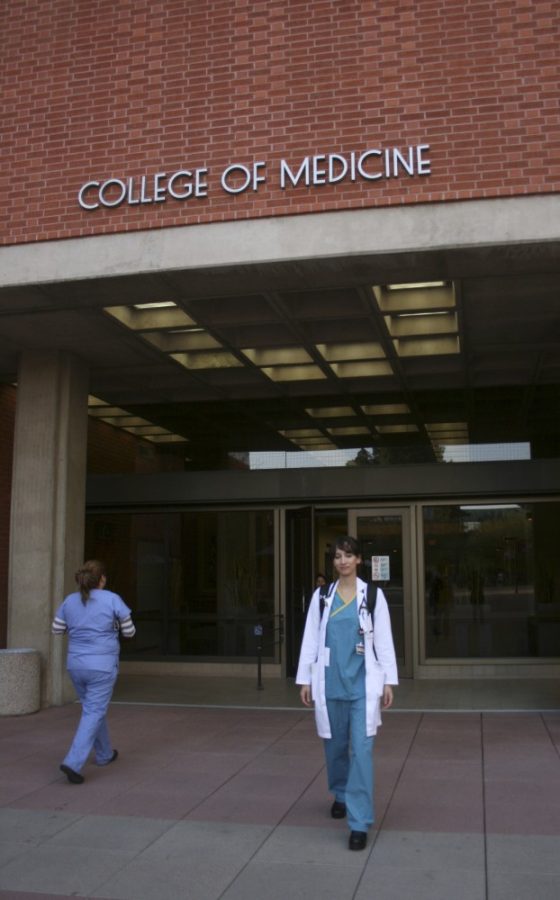Pre-medicine students now need more than just a general understanding of natural sciences before taking the Medical College Admission Test.
The MCAT is adding a “Psychological, Sociological and Biological Foundations of Behavior” section to its current test, starting in 2015. However, the test will include experimental sections starting in 2013 to gather student data on the new content.
The addition aims to test applicants on the fundamental principals of behavioral and social sciences, prepare them for the medical school experience and ultimately help them become better doctors. The current test covers basic sciences, medical sciences and the culture of medicine, according to Jeff Koetje, Kaplan Test Prep’s director of pre-health programs.
The test revisions are part of a larger process in preparing doctors more holistically so they have a broader exposure to basic sciences, humanities, social sciences and behavioral sciences, Koetje said.
“Doctors, in the past, have been criticized for not being particularly sensitive to the needs of the patients, and now there is a greater appreciation for the relationship of the patient’s health, culture and language understanding between the doctor and the patient,” he said.
In addition to adding a general understanding of psychology, sociology and biological behavior, applicants will no longer be taking the writing sections. Instead, they will be tested in advanced biology and biochemistry. These changes will make the test last about seven hours, instead of five.
Aspiring doctors need a better understanding of the sociological culture and behavioral determents of the patient’s health, said Karen Mitchell, senior director of admissions testing at the Association of American Medical Colleges.
The association is a national organization representing all the accredited medical schools in the U.S. and Canada. They also create and distribute the MCAT.
“Social sciences, and humanities — the art of dealing with people — require context and experience to learn,” said Alok Patel, a senior medical student.
Patel, who took the test in 2006, said he thinks the MCAT adequately prepared him for medical school without these changes.
But according to Albert Bergesen, department head of sociology, understanding subjects like psychology and sociology will help doctors in diagnosing patients.
Diseases vary by group, race, ethnicity, gender and social differences, which influences the patient’s well-being, he added.
Iyad Syoufi, a clinical fellowship assistant at the University of Arizona Medical Center, said he is uncertain of how beneficial these changes might be for potential medical students.
“We already study psychiatry in medicine school, and we have an understanding about the psychological issues,” Syoufi said. “It won’t hurt students — it may in fact help, but I don’t know how much it will help. It will be interesting to see the results.”
In balancing natural sciences with behavioral and social sciences, Mitchell said the Association of American Medical Colleges hopes to send students the message that medical schools are interested in applicants who have a broad knowledge in all fields, not just in science.
The test will include experimental sections starting in 2013 to gather student data on the new content.
For more info
Visit www.aamc.org/mcat to learn more about changes to the MCAT.









